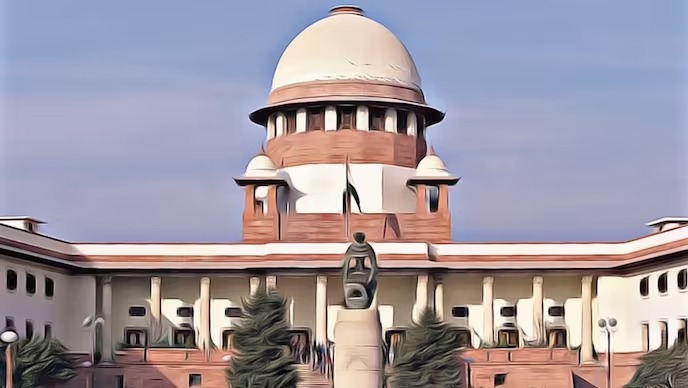K. Sreedhar Rao, J.@mdashHeard Mr. D. Mazumdar, learned Counsel for the appellant and Mr. A.R. Agarwala, learned Counsel for the respondent No. 1. One Nandita Pathak sustained fractures in both bones of the right leg in a vehicular accident. She was operated upon and post operation her ankle and knee joints are constrained to bend. A medical board gave a certificate assessing the disability (permanent) at 50 per cent. However, there is no amputation of the leg. The disability stated appears to be an exaggerated one. The disability is to be considered at 25 per cent.
2. Petitioner was a seamstress, so her income is to be at Rs. 4,500 per month. Medical bills disclose that she has spent Rs. 33,000 for medical expenses. She is to be awarded Rs. 50,000 towards pain and agony and Rs. 50,000 medical and incidental expenses, and Rs. 30,000 loss of amenity and future discomfort due to disability. Twenty-five per cent of Rs. 4,500 that is Rs. 1,125 is to be awarded towards the mental loss due to disability. The total loss of future income due to disability would thus be 1,125 x 12 x 18 (multiplier) - 2,43,000. Rupees thirty thousand is to be awarded towards the loss of income during the laid-off period. The total compensation payable to petitioner is more than the one awarded by the Tribunal. Therefore, the question of reduction in the compensation does not arise.
3. The Counsel for the respondent/petitioner has relied on the decision of the Delhi High Court in
"8. Where an appeal is filed challenging the quantum of Compensation, irrespective of who files the appeal, the appropriate course for the High Court is to examine the facts and by applying the relevant principles, determine the just compensation. If the compensation determined by it is higher than the compensation awarded by the Tribunal, the High Court will allow the appeal, if it is by the claimants and dismiss the appeal, if it is by the owner/insurer. Similarly, if the compensation determined by the High Court is lesser than the compensation awarded by the Tribunal, the High Court will dismiss any appeal by the claimants for enhancement, but allow any appeal by the owner/insurer for reduction. The High Court cannot obviously increase the compensation in an appeal by the owner/insurer for reducing the compensation, nor can it reduce the compensation in an appeal by the claimants seeking enhancement of compensation."
In view of the above decision of the Supreme Court the question of enhancing the compensation in an appeal filed by the insurer without a cross-objection by the claimant is not tenable. Accordingly the request of the claimant/petitioner for enhancing the compensation is rejected. Accordingly the appeal of the insurer is dismissed.

